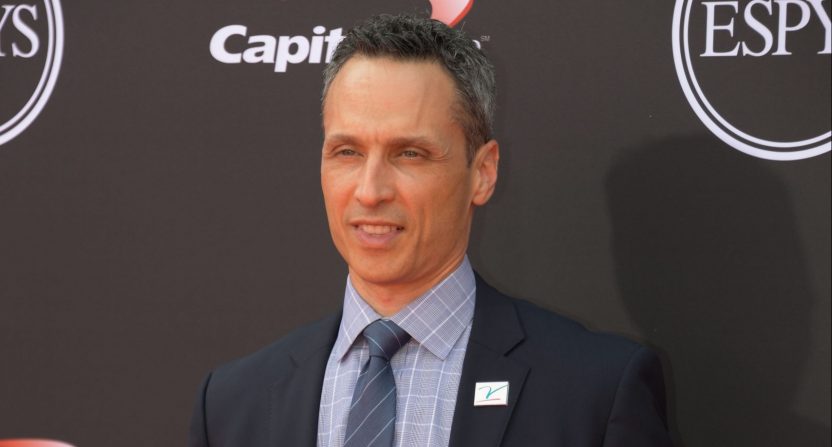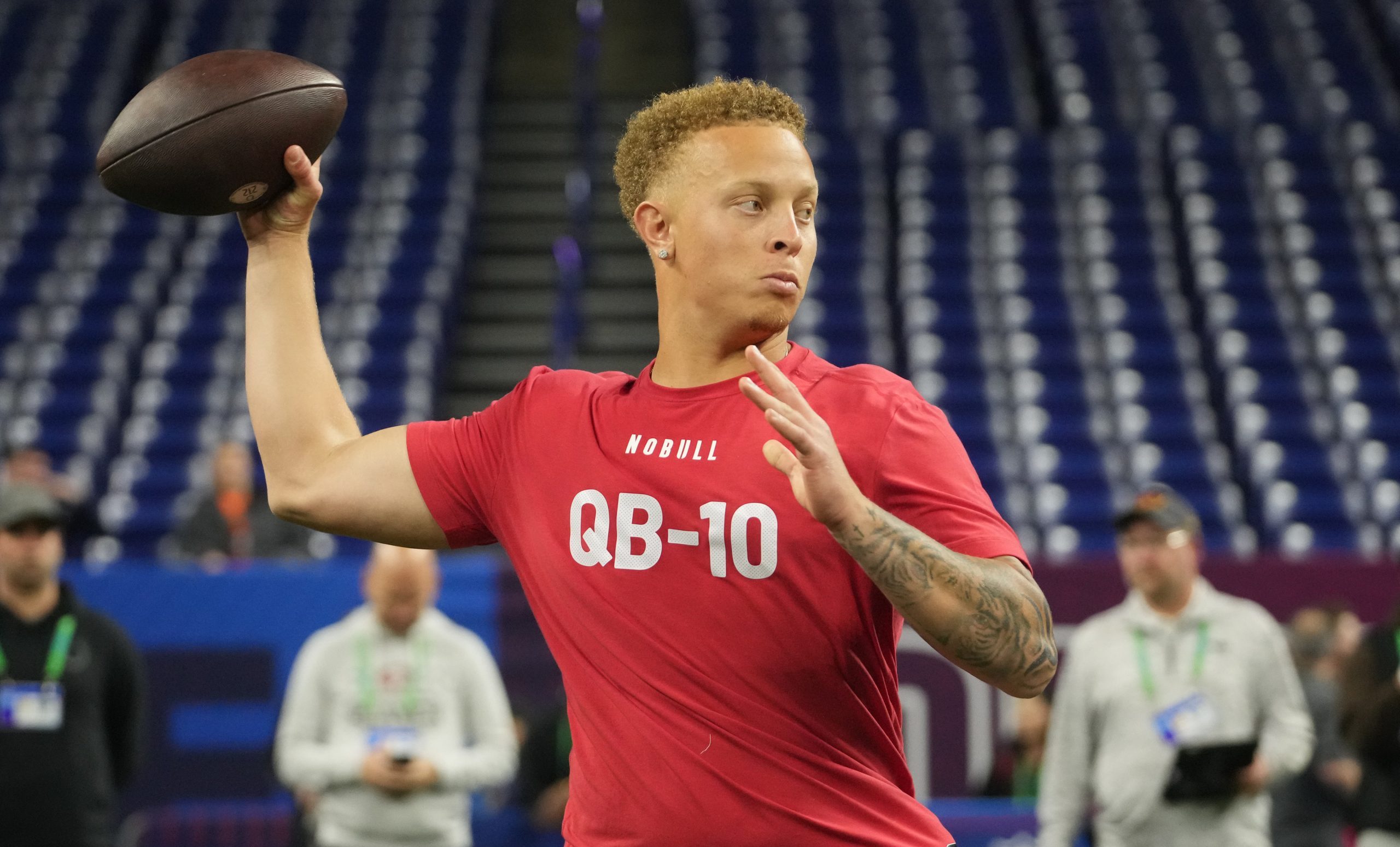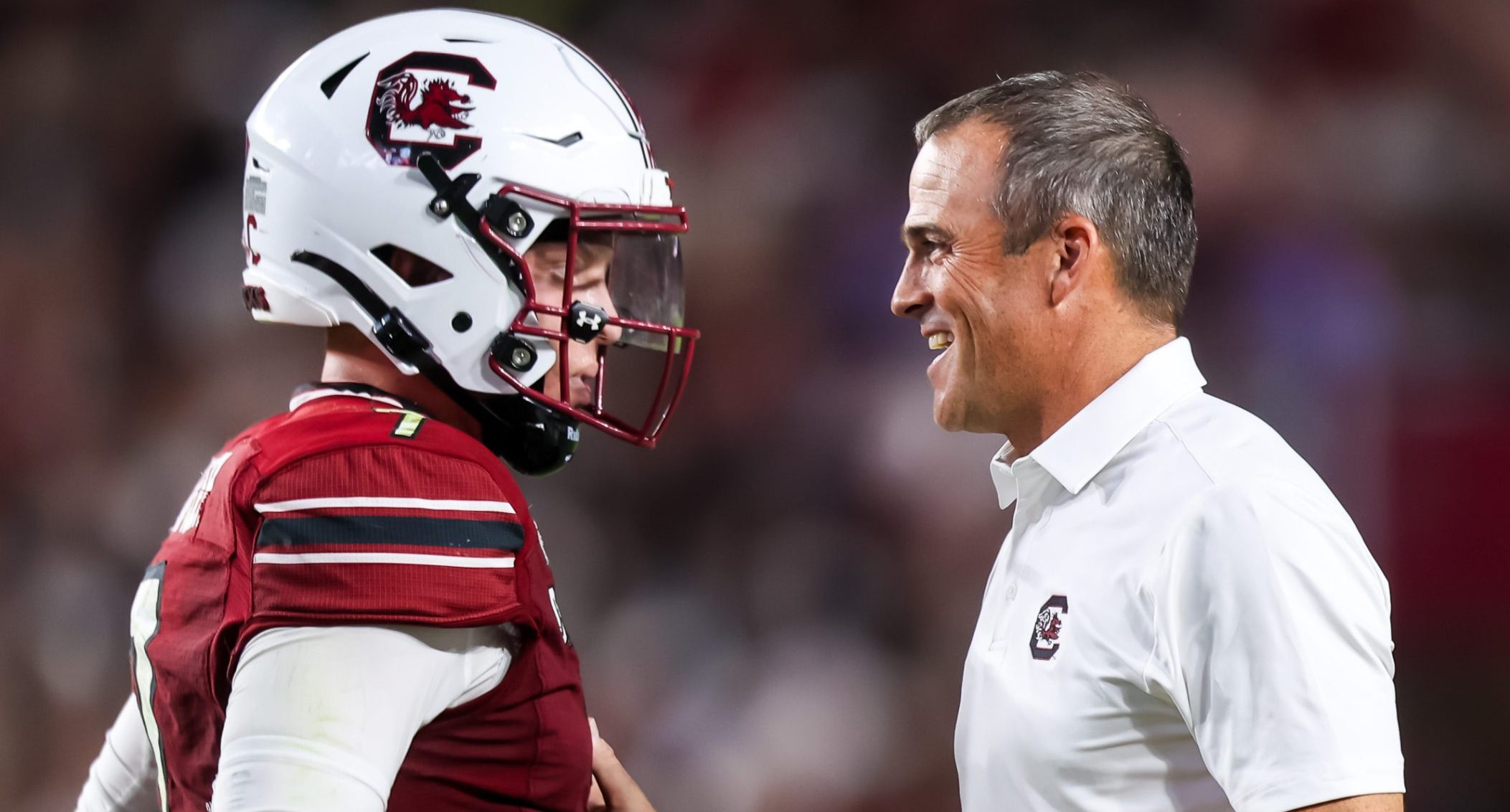At the moment, ESPN chairman Jimmy Pitaro is one of the most powerful people inside Disney. A February reorganization saw Pitaro named as one of three Disney division heads (alongside Disney Entertainment, led by Dana Walden and Alan Bergman, and Disney Parks, Experiences, and Products, led by Josh D’Amaro), and he’s been repeatedly referenced as a potential successor to company CEO Bob Iger when Iger leaves for good. But a new longform piece from CNBC’s Alex Sherman on the turmoil at Disney during the attempted transition from Iger to Bob Chapek and then the return to Iger indicates that some Chapek decisions had Pitaro considering leaving the company, a scenario that would have ESPN looking very different today.
I hope you’ll budget some time for 12,090 words today.
I’ve been working on this for many months. A fascinating story of succession gone wrong. https://t.co/damcNAh8Ki
— Alex Sherman (@sherman4949) September 6, 2023
As per Sherman’s piece, the key issues for Pitaro started around a late-2020 Chapek-led restructuring that saw the creation of a new Disney Media and Entertainment Distribution unit under Kareem Daniel. (This was during the period while Chapek was Disney CEO and Iger was still executive chair.) Sherman outlines that this brought a lot of resistance on the movie side in particular, with both Chapek and Daniel having limited relationships with key Hollywood figures and with this decision meaning those Hollywood figures got less clarity on if movies were heading to theaters or straight to streaming.
How does that impact ESPN? Well, Sherman writes that there wasn’t as much pushback to DMED on the TV side in general, with direct-to-streaming projects more established there. But ESPN was different. And Sherman notes that the involvement of DMED figures with no rights experience in negotiations with leagues was a particular sticking point:
One exception was ESPN. Rights deals are the sports network’s lifeblood, and ESPN executives were used to hammering them out directly with leagues. After the reorganization, ESPN executives lost their budget power and gained layers of bureaucracy.
Chapek was trying to rearrange the company at a time when nearly all employees were working from home. Virtual meetings ballooned in size. Conversations became unwieldy. Junior executives from Daniel’s distribution team, who were involved in meetings because ESPN+ was being sold alongside Hulu and Disney+, asked questions of league officials that exposed their lack of business knowledge.
ESPN Chairman Jimmy Pitaro was so demoralized he contemplated leaving the company, according to a person familiar with the matter.
Pitaro declined to comment to Sherman, and most Disney figures also declined to comment on the record. But the story is “based on conversations with more than two dozen people who worked closely with Iger and Chapek between 2020 and 2022,” and Sherman has a solid track record of business reporting in general and ESPN/Disney reporting in particular, so this seems quite credible.
And it makes absolute sense that the DMED reorganization would have caused issues with league rights negotiations. In those negotiations, the key factors often cited include personal relationships and specific experience with or knowledge of the particular issues at play. Those are elements it doesn’t sound like the DMED executives involved in those negotiations brought to the table.
And those rights negotiations are arguably the most important piece of the puzzle for ESPN. Yes, the network has a vast amount of studio and film programming, and yes, their ad sales, carriage negotiations, and ESPN+ direct-to-consumer sales matter. But the most crucial element in those carriage negotiations (and the accompanying per-subscriber fees), viewership, and DTC sales is what live sports rights the various ESPN networks/streaming services involved have. So if those weren’t going well, and if the Disney management approach was part of that, it’s quite understandable that that might have prompted Pitaro to leave (and there’s a long history of Disney/ESPN sports figures going on to large roles elsewhere, from John Skipper to Kevin Mayer to Connor Schell to Marie Donoghue).
The latest
- Could NFL see next Saudi sportswashing controversy?
- ESPN and NBA have reportedly ‘essentially come to terms’ on deal that would keep Finals on ABC
- G/O Media sells The Onion to ‘Global Tetrahedron,’ ex-NBC reporter Ben Collins to serve as CEO
- Eli Gold on Alabama exit: ‘You can’t argue with city hall.’
That return was seen early on as a positive thing for ESPN, sports, and sports rights negotiations (including with the NBA), considering the seeming higher level of importance Iger attached to sports than Chapek did. And that aforementioned February restructuring gave Pitaro more responsibility, and led to some promotions and reshufflings of ESPN executives under him. And it even seemed like it might increase the emphasis on ESPN as a core part of Disney rather than the spinoff-or-sale target some analysts had been trying to describe it as for years.
But Iger upended much of that with July remarks on CNBC. There, he said ABC and other linear networks “may not be core” to Disney, with the ABC note particularly significant for ESPN given how many sports air there (and how important broadcast network distribution is for sports in an increased cord-cutting era). At the same time, he also said that they had no plans to get rid of ESPN, but might seek strategic partners for it, which have since been rumored to possibly be private equity firms, leagues, or tech companies. So there’s a lot of uncertainty about ESPN’s future, and that spinoff discussion is getting more serious talk than it had been.
For the moment, though, ESPN is a key part of Disney, and Pitaro is a key Disney figure. And he continues to be mentioned as a potential successor for Iger; Sherman lists him there, but notes that he and other internal candidates Walden and Bergman (who co-lead Disney Entertainment) “have never run theme parks or consumer products and have limited international experience.” Pitaro’s international experience is rising following that February reorganization, though, which has him overseeing all Disney’s sports content (some international sports responsibilities were previously handled elsewhere), and he does have some experience with consumer-facing divisions and companies, including serving as head of media at Yahoo and leading Disney Interactive and then serving as chair of Disney’s interactive and consumer products division before he got the ESPN role in 2018.
But the Disney succession plan is quite unclear at the moment. Sherman notes that the 72-year-old Iger is currently set to retire in 2026, and while his departure dates have often changed in the past, people familiar with his thinking say he does currently want to leave then. Sherman also writes that Disney is expected to pick a new CEO early in 2025, and that that will likely either see the new pick in a COO and heir apparent role while Iger finishes his term or with the CEO/executive chairman split they did with Chapek and Iger. We’ll see where it winds up. But considering how much discussion Pitaro is getting there, it’s certainly notable to read Sherman’s reporting on how close he came to leaving the company not long ago.
[CNBC]







